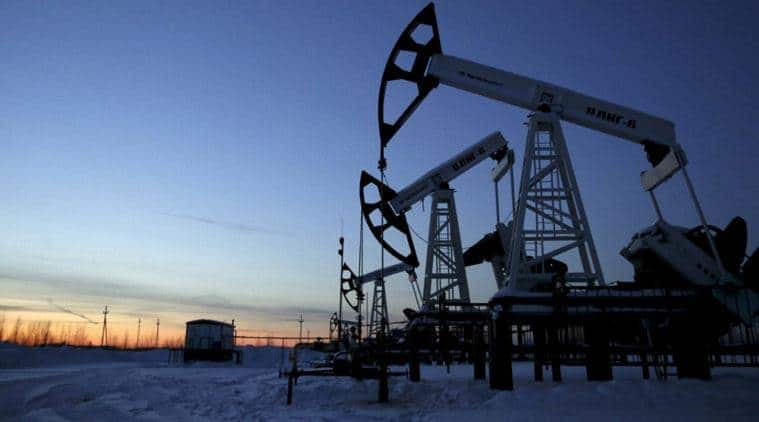The suspension could trigger legal claims by Western buyers against Russian suppliers, who would in turn seek compensation from Russian pipeline monopoly Transneft, three traders with Western oil buyers said.

Polish pipeline company Pern told Transneft it was suspending purchases, a letter seen by Reuters showed. (Representatioanal)
Moscow: Poland and Germany have suspended imports of Russian oil via a major pipeline, citing poor quality, triggering a rare crisis over supply from the world’s second-largest crude exporter. The halting of imports from the Druzhba pipeline could starve European refineries belonging to Poland’s PKN Orlen and Grupa Lotos as well as German plants belonging to Total, Shell, Eni and Rosneft of most of their crude intake.
The suspension could trigger legal claims by Western buyers against Russian suppliers, who would in turn seek compensation from Russian pipeline monopoly Transneft, three traders with Western oil buyers said. On Wednesday, Polish pipeline company Pern told Transneft it was suspending purchases, a letter seen by Reuters showed. Belarus said its neighbour Poland stopped accepting deliveries of Russian crude via the Soviet-built Druzhba pipeline at 2000 GMT on Wednesday, Belarusian state news agency Belta reported.
Druzhba, meaning “friendship”, can ship up to 1 million barrels per day, or 1 per cent of global crude demand. It supplies Poland and Germany via a northern spur and the Czech Republic, Hungary and Slovakia via a southern leg. If crude ceases to flow through Belarus and Poland, it cannot reach customers further west, in Germany. Traders from oil majors operating the German refineries said flows via Druzhba had stopped.
Two trading sources said the Czech Republic had halted purchases, although the Belarusian pipeline company said customers along the southern leg were still receiving oil. The quality problem arose last week when an unknown Russian producer contaminated the oil with high levels of organic chloride. The material is used to help boost oil output but must be separated from oil before shipment as it can destroy refining equipment.
According to traders with several European majors, levels of organic chloride have fluctuated at 150-330 parts per million (ppm) instead of the 10-ppm maximum norm and the usual level of around 1-3 ppm. The Russian energy ministry said Transneft was trying to fix the problem as soon as possible, giving no timeframe. A Russian energy source familiar with the situation said the problem could be fixed by the end of the week. Two Russian industry sources said top government officials would meet on Thursday to discuss the problem.
BUYERS REJECT CARGOES
Crude contamination is rare in Russia. Traders said oil was last contaminated with high levels of organic chloride around 10 years ago, but on a lower scale. This time, flows have been contaminated along the Druzhba pipeline as well as from the Baltic port of Ust Luga. From Ust Luga, at least five contaminated tankers have sailed belonging to oil firms Rosneft, Surgut and Kazakh producers and bought by traders and majors such as Equinor, Vitol, Trafigura, Glencore and Total, trading sources said. On Thursday, two industry sources said several Western buyers had started rejecting cargoes loading at Ust Luga. Buyers have filed pre-claims to Russian oil sellers, indicating they may seek compensation, two traders familiar with the developments said.
“No one wants to stop the refineries in Germany. They will be operating at lower capacity now and may import some crude from the sea,” a trader with a Western oil major said. “Stopping a refinery is expensive. But repairing it will be even costlier.”
- Reuters